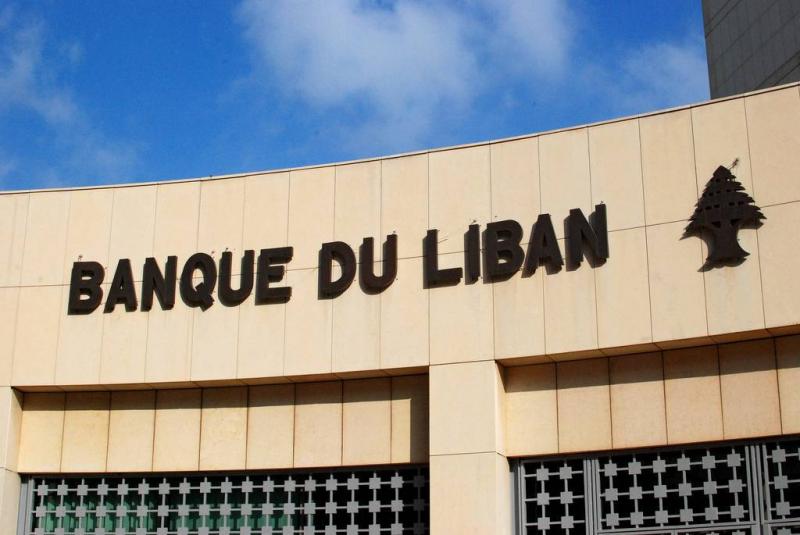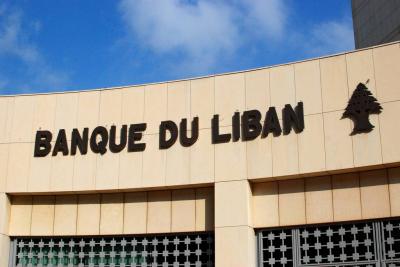The Central Bank of Lebanon announced on Wednesday that it will start financing fuel purchases according to the black market exchange rate, which effectively means the authorities are lifting subsidies on the import of these vital commodities, leading to a record increase in their prices. Amid a shortage of the Central Bank's reserves, the authorities have been looking for months to rationalize or lift subsidies on key imports, including flour, fuel, and medicines, gradually removing subsidies on various goods without an official announcement.
Last month, the government approved financing fuel imports at a rate of 3,900 Lebanese pounds per dollar instead of the officially fixed rate of 1,507 pounds, resulting in a more than 30% increase in fuel prices. The Central Bank announced on Wednesday that starting Thursday, it will "provide the necessary credits related to fuel (...) based on the dollar rate in the Lebanese pound according to market prices." It noted that "it is up to the Ministry of Energy to determine the new fuel prices."
The exchange rate has exceeded 20,000 pounds per dollar in recent days. On Wednesday, Minister of Energy and Water in the caretaker government Raymond Ghajar stated that the Governor of the Central Bank, Riad Salameh, informed the Supreme Defense Council, which includes the President, the Prime Minister, several ministers, and security officials, that he "could no longer support the purchase of fuel."
He explained that lifting the subsidy would lead to price unification after a black market flourished in recent weeks amid shortages and increased smuggling to neighboring Syria. The International Information Center, a research and statistics company, estimated that the price of a gasoline canister would rise from 75,600 pounds (3.78 dollars according to the black market rate) to 336,000 pounds (16.8 dollars), and the price of a diesel canister from 57,100 pounds (2.8 dollars) to 278,000 pounds (13.9 dollars).
Due to the economic collapse, which the World Bank classified as one of the worst in the world since the mid-20th century, the United Nations Office for the Coordination of Humanitarian Affairs recently estimated that 78% of the population now lives below the poverty line, while 36% live in extreme poverty. Most Lebanese receive their salaries in local currency, which has lost more than 90% of its value against the dollar. The Central Bank was supporting fuel imports through a mechanism that covered 85% of the total import cost at the official exchange rate, while importers paid the remaining amount at the black market rate.
Lebanese citizens have been waiting for hours in long lines in front of fuel stations, which have adopted a strict rationing policy in distributing gasoline and diesel, while the ability of the Electricité du Liban to provide electricity has gradually declined, with power outages reaching up to 22 hours a day in some areas.




